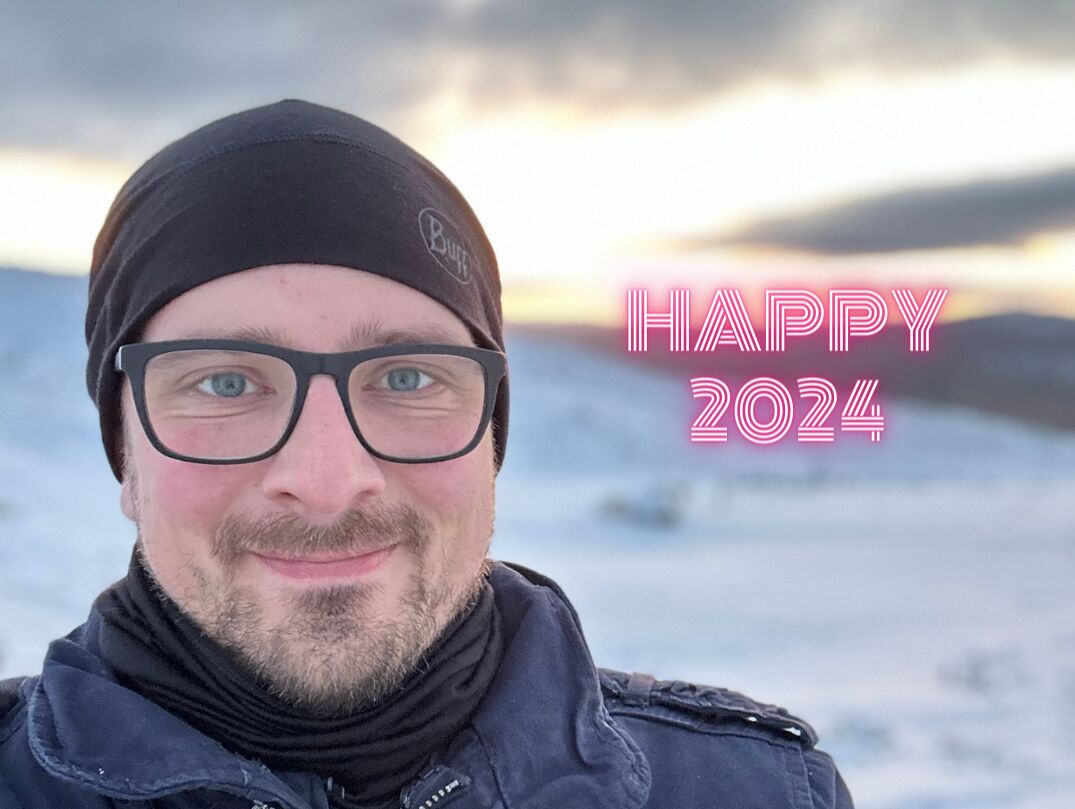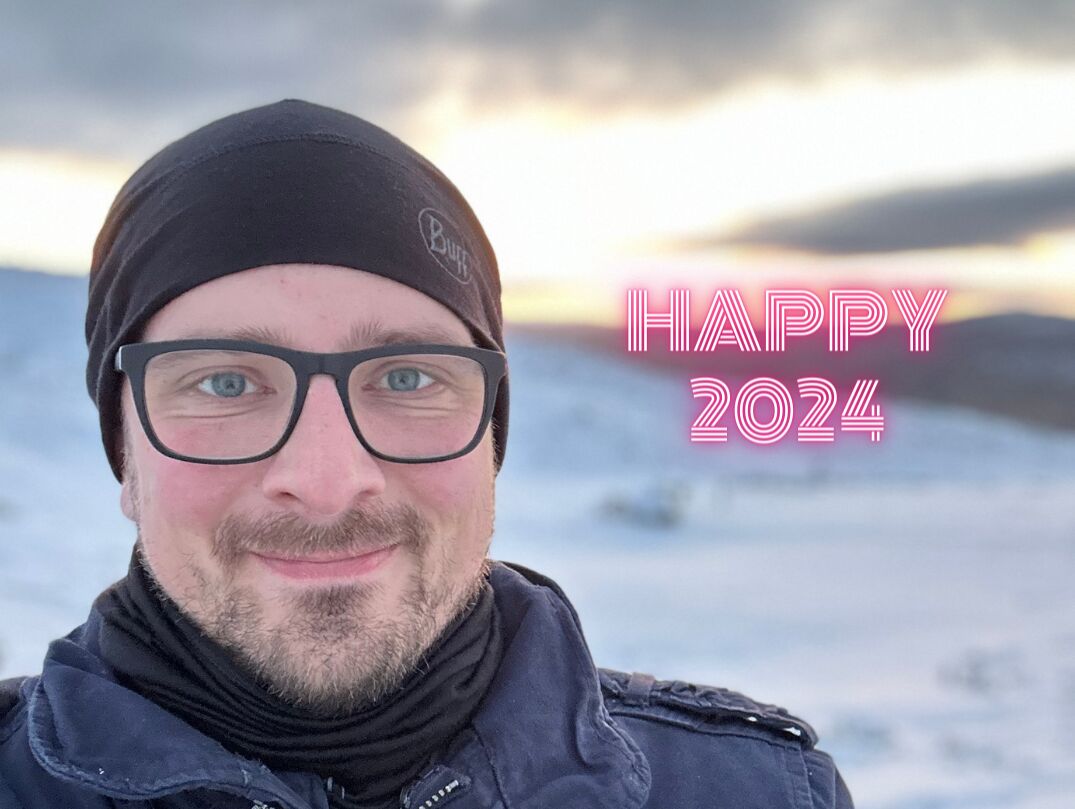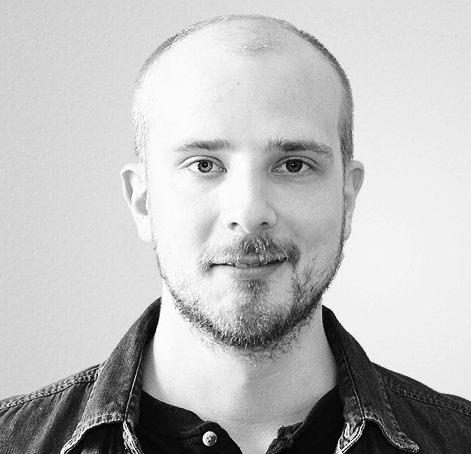
Thoughts On Education
As my LinkedIn inbox graciously reminded me that I’ve been working on Simmer for a full three years now, I’d like to share a couple of observations about education – particularly in the world of technical digital marketing.
Online courses are an interesting vehicle for education. The medium offers a plethora of different approaches to knowledge transfer, student assessment, and collaboration. It seems like a no-brainer in today’s day and age, particularly for someone who wants to build a platform that scales beyond in-person tuition.
However, even though Simmer is quite successful, I don’t think we’ve cracked online education yet.
I know our students learn things when they take our courses – I have anecdotal evidence as well as progress data to support this conclusion.
And although I know there’s a bit of a cult of personality involved as well as an appropriate dose of sunk cost fallacy, I’m positive that the rate of repeat enrolments to different courses from the same students speaks volumes about the value of our courses.
So what’s the hiccup? Why write this post (other than that it’s the last day of the last month of the year and I need to fulfill my monthly writing obligation)?
I want to share with you an observation I’ve recently made.
Simmer isn’t actually an online education platform. It’s an activation service.
Our purpose, and perhaps the purpose of education in general, is to activate hidden or suppressed capabilities in students, combine those with small doses of new information assumed through the pedagogical process, and then nurture the concoction so that the learning experience becomes an emergent one.
For example, when we teach about Google BigQuery and data warehouses, we can show you the SQL required to perform a set task. We can even help you formulate a business question that the SQL can help answer.
But we need you to have the incentive for “curiosity generation”. Whatever we can teach will fall short if you don’t have an innate need to learn the things we’re teaching. You might not be able to articulate that need, and that’s fine. But it needs to be there – knowledge is difficult to transfer to an unresponsive recipient.
This doesn’t mean that you need to be a golem – from personal experience, much of the learning experience comes from questioning the information that is being fed to you. The critical method is vital to self-discovery.
But even if you have the incentives lined up, even if you are motivated, and even if you feel like you are learning new things from online courses, it’s possible that things won’t actually “click” until later, sometimes much later, when you encounter a problem in the real world where the solution emerges as a (partial) result of taking the course.
And that’s the golden goose, my friends. As educators, we can only hope that we contribute to these serendipitous experiences in our students’ futures.
To put it bluntly, and I’m being brutally honest and self-deprecating here, the videos, the quizzes, the exercises, the text content, the assignments… they’re all just mechanisms. They are the Nutella that makes it easier to swallow the medicine. They’re what the student pays for, but they’re not what we are actually selling.
Since we build self-paced online courses, we have the impossible task of figuring out the activation mechanisms for students from around the world, from different backgrounds, and from different cultures. For this reason, the courses need to reach in deep to massage the learning organs that are universal to humans in general and not only those from a particular socio-economic background.
As I wrote earlier, we haven’t yet figured this out. We’ll probably never figure it out, in fact, but we share this with our students: it’s all about the journey.
For our students, when you reach the 100% completion rate and get your certificate, know that this is only the beginning of the learning process. It’s just one of the first steps on the path to wisdom.
Similarly, each course that we build takes us (hopefully) one step closer to figuring out the appropriate pedagogical approach to activate the hidden capabilities of our students.
The year 2024 is here.
My wish to you, dear reader, is that you continue on your learning journey. Make it a priority to nurture your innate curiosity and to build defenses against mis- and disinformation. Don’t hesitate to navigate uncharted waters, and remember to celebrate empathy and understanding over callousness and ignorance.
XThe Simmer Newsletter
Subscribe to the Simmer newsletter to get the latest news and content from Simo Ahava into your email inbox!

